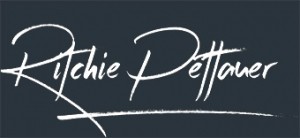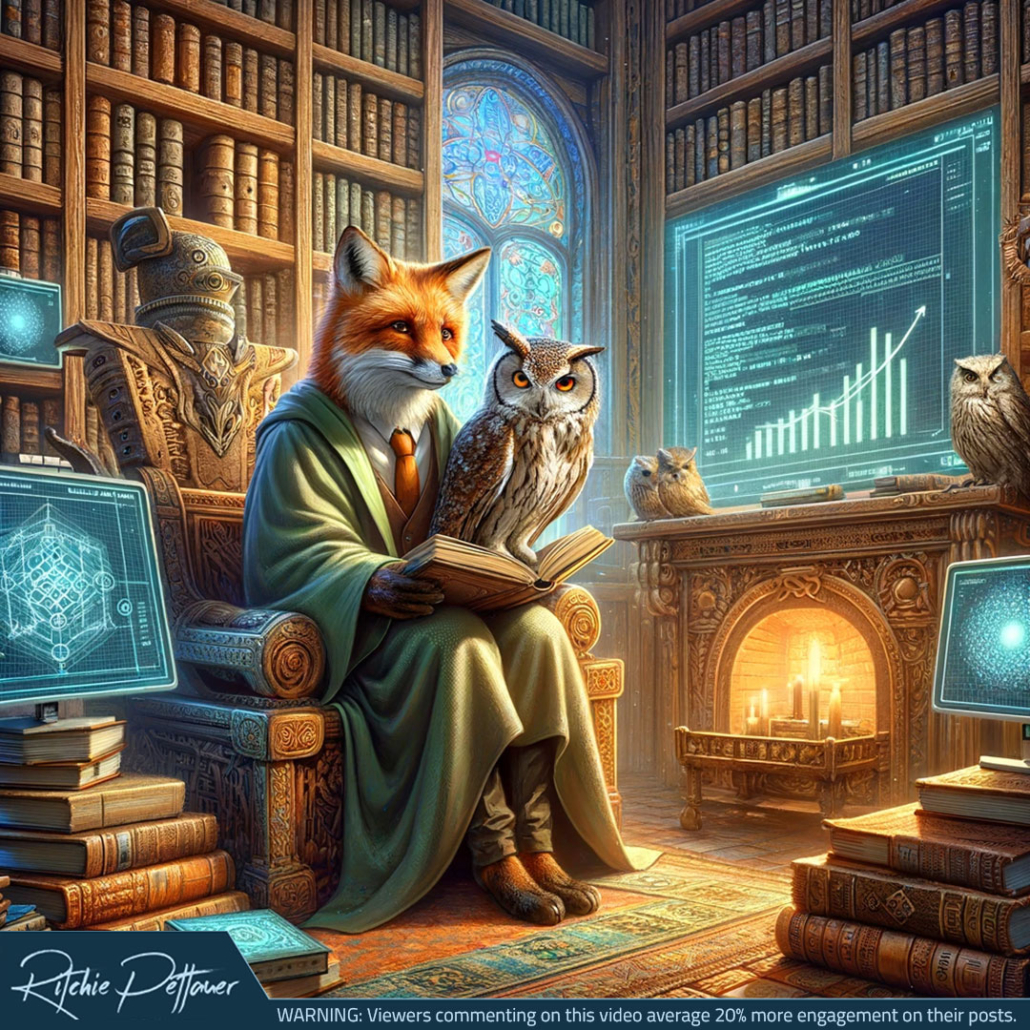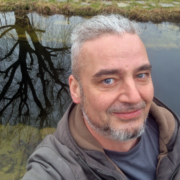The Power of Adaptability in Science and Life
If a professor of cognitive sciences can change his ideas about how we think, so can you. This notion isn’t just a theory; it’s a principle I’ve lived by, tracing back to my teenage years. At sixteen, my curiosity was piqued by cognitive psychology, a field offering a deep dive into the complexities of brain functionality. The quest for knowledge was both intriguing and challenging, especially in an era before the convenience of online shopping.
Back in the early nineties, acquiring an English book in Austria was no small feat, often costing triple its cover price. Yet, my fascination led me to invest half my birthday money in a “Cognitive Psychology” book by John R. Anderson. The six-week wait and the financial sacrifice were worth it. Devouring the first 200 pages, I embarked on a transformative journey through the realms of memory, learning, and problem-solving. Anderson’s insights didn’t just captivate; they revolutionized my approach to …
A Pivot in Paths: From Psychology to Communication and Political Sciences
Despite my deep engagement with cognitive psychology, life had different plans. After a year of studying Physics in Graz, I found myself relocating to Vienna, where I pivoted to Communication Science and Political Sciences. This shift didn’t diminish my love for psychology; rather, it broadened my perspective on human cognition and interaction.
In 1998, during the digital boom, I discovered an updated edition of Anderson’s book online. Anticipating new insights, I was eager to dive back into the familiar pages. However, this edition presented a surprising change: the summaries that once opened each chapter, aiding in learning and memory, had moved to the chapter ends. Anderson explained this structural shift was based on fresh studies indicating that the initial approach might hinder learning.
Lessons in Adaptability and Openness
This anecdote serves as a powerful reminder of the importance of adaptability and openness, not just in science but in all aspects of life. It’s easy to cling to familiar patterns and beliefs, but true growth comes from questioning everything: the premises, the method, the framework, and even oneself. Like a seasoned sailor adjusting their sails to the changing winds, good scientists, and ambitious strategists must be willing to pivot when necessary.
Why share this story? In the realm of digital strategy, as in life, adaptability is key. Clinging to past successes can become a liability when the landscape shifts. Emulating Anderson’s adaptability means openly discussing past missteps, a practice that commands respect and credibility. It’s not about evoking pity but educating and inspiring your network.
So, I pose a question to you: Have you ever openly admitted to a wrong path? Reflecting on our journeys and sharing these stories can lead to collective growth and understanding.




